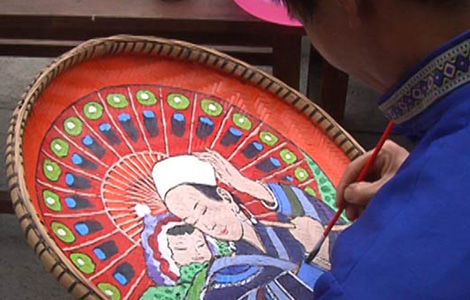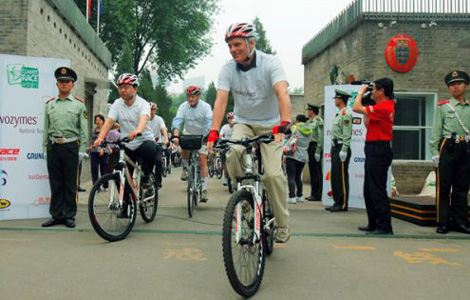Japan's wartime brothels were wrong, says 91-year-old veteran
Updated: 2013-05-25 08:50
(China Daily/Agencies)
|
|||||||||||
When Masayoshi Matsumoto joined the Japanese army in 1943 and was sent to occupied China as a medic, he thought he was taking part in a righteous war to free Asia from the yoke of Western imperialism.
Seven decades later, the 91-year-old retired Christian pastor says it's his mission to speak out about the injustice of the war and the sufferings of women, mostly Asian and many Korean, forced to work in Japanese wartime military brothels.

"I feel like a war criminal. It is painful to speak of such things, and I would rather cover it up. It is painful, but I must speak," said the slender, white-haired Matsumoto.
"I think that to speak out is the meaning of my being alive," added Matsumoto, who returned to Japan in 1946 and later became the pastor of a Christian church. He is one of a dwindling number of veterans with experience of the brothels.
As a medic stationed in Yu county in Shanxi province during the war, Matsumoto helped doctors examine Korean women who were forced to provide sexual services for officers and non-commissioned officers, part of an effort to stem the spread of venereal disease among soldiers.
Whatever the rationale at the time, Matsumoto said, the system and the treatment of the women - known euphemistically in Japan as "comfort women" - were inexcusable.
"It is not just Japan that did something wrong. But Japan also did something wrong ... Just because someone else is a thief, is it all right to be a thief? Because someone else kills people, is it all right to be a murderer? That is no excuse," Matsumoto said.
"The prime minister of Japan should apologize properly as the representative of the nation and compensate those who should be compensated."
Prime Minister Shinzo Abe caused controversy during his first 2006-2007 term by saying there was no proof that Japan's military had kidnapped women for the brothels. Such doubts are common among Japanese ultra-conservatives.
"The stance of the government on this issue is that, as we stated previously, we are deeply pained when thinking of the women who experienced immeasurable pain and suffering. On this point, the Abe cabinet has the same position as prior cabinets," Chief Cabinet Secretary Yoshihide Suga told a news conference last week.
The issue has often frayed ties between Tokyo and Seoul. Japan says the matter of compensation was settled under a 1965 treaty establishing diplomatic ties. In 1995, Japan set up a fund to make payments to the women from private contributions, but South Korea says that was not official and so not enough.
Matsumoto said the women had no means of escape from the walled town where his military unit was headquartered and were in fact sex slaves.
"No matter if they wanted to flee, there was no way to escape," he said.
Recalling the conditions in which the women lived, Matsumoto said soldiers lining up for sex would unfasten their leg wrappings and lower their trousers so as to waste no time when their turns came. "It was like they were going to the toilet," he said.
Only years later did Matsumoto come to believe his country had done something wrong. "We were taught that it was the mission of Japan, the mission of the Japanese people, to liberate Asian countries from European colonialism," he said.
"So we went to war gladly then. When I think of it now, it was monstrous."
Related Stories
China urges Japan to reflect on 'comfort woman' remarks 2013-05-16 19:51
Japan's remark on 'comfort women' irks China 2013-05-14 18:33
Japan refuses to review stance on 'comfort women' 2013-05-07 18:39
Osaka people rally against mayor 2013-05-24 16:18
Osaka mayor hits back at int'l criticism 2013-05-17 16:57
Today's Top News
Japan urged to face history
Dialogue only solution to disputes
China to enhance AU partnership
Scrutiny urged to curb graft
Gutter oil to be used as auto fuel
Shanghai warns against telecom scams
Diaoyu Islands 'have never been Japan's territory'
China closes the gap with Switzerland, Europe
Hot Topics
Lunar probe , China growth forecasts, Emission rules get tougher, China seen through 'colored lens', International board,
Editor's Picks

|
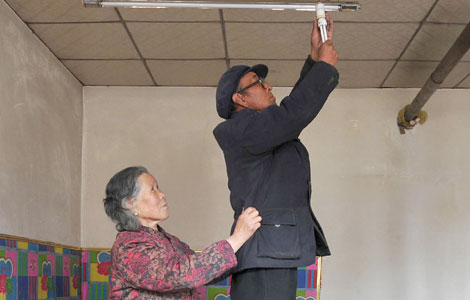
|
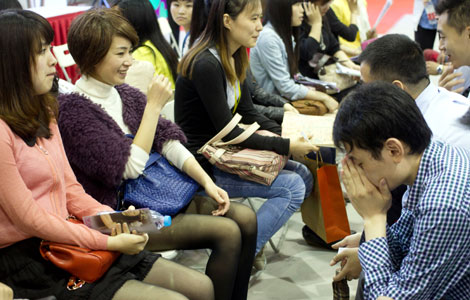
|

|
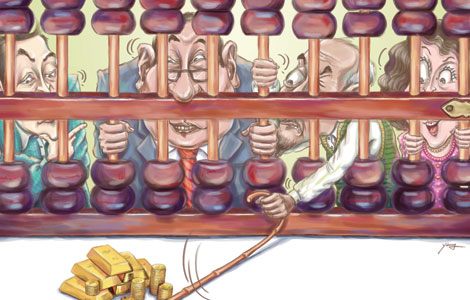
|

|
